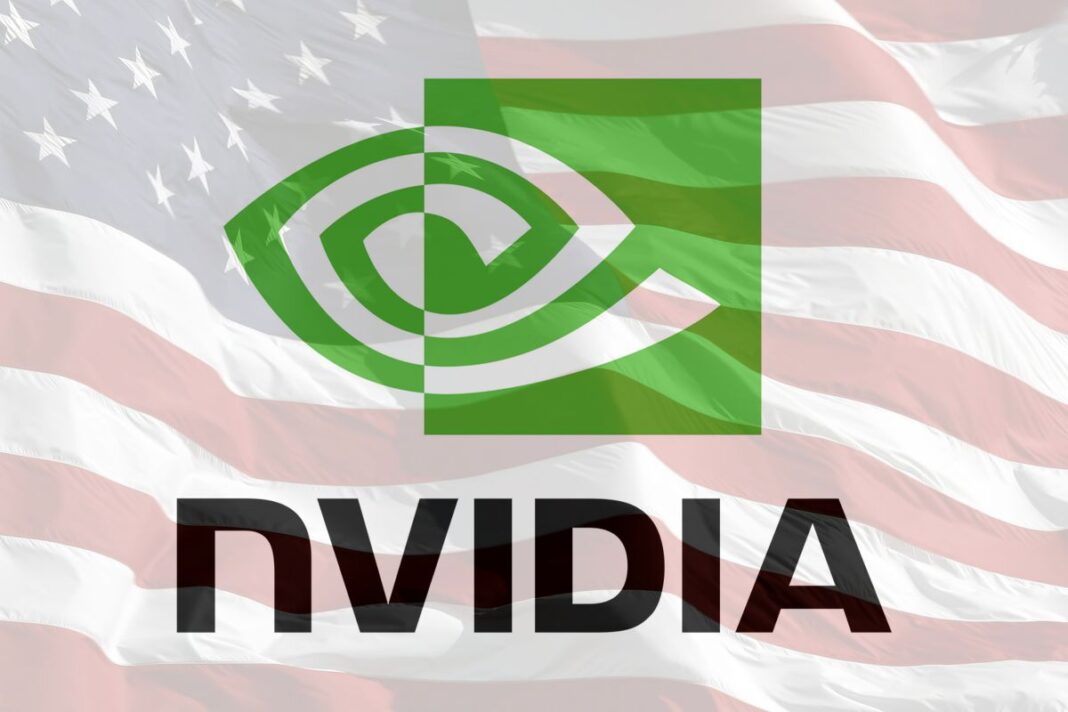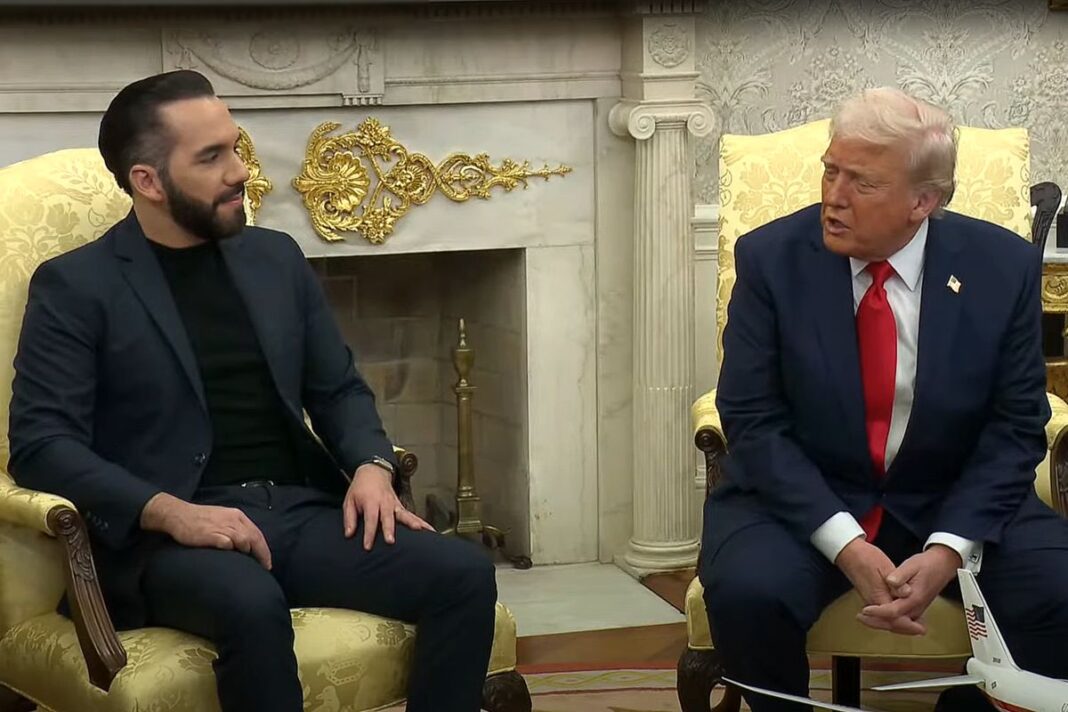Nividia will partner with TSMC and other firms to spend as much as $500 billion in America in what it said is an effort to build supercomputer manufacturing.
Nvidia Corp. is beginning to produce chips in the United States and will soon build multiple “supercomputer manufacturing plants.”
On April 14, the California-based technology giant announced its intent to “design and build factories that … will produce Nvidia [artificial intelligence (AI)] supercomputers entirely in the U.S.” The company said it would partner with other tech firms to produce as much as $500 billion worth of what it called AI infrastructure within the next four years.
Nvidia CEO Jensen Huang said in a statement published on Monday that the facilities will serve as the “engines of the world’s AI infrastructure.”
“Adding American manufacturing helps us better meet the incredible and growing demand for AI chips and supercomputers, strengthens our supply chain and boosts our resiliency,” Huang said.
Nvidia’s announcement came less than a month after Huang told the international media that Nvidia was considering spending hundreds of billions of dollars on expanding its manufacturing capacity in the United States.
In addition, the international technology industry remains in a reactive posture as the United States has rolled out a series of tariffs targeting imports to the United States from around the world. Financial markets and foreign capitals were in upheaval in early April as President Donald Trump announced and swiftly dialed back what he called reciprocal tariffs against most of the United States’ largest trading partners.
On April 14, Trump told reporters in the Oval Office that Nvidia “wouldn’t be doing it” without tariffs.
As of the morning of April 14, the United States is imposing a 145 percent tariff on goods imported from China, which is a key link in the supply chain for the world’s largest computer and smartphone makers.
However, on April 11, U.S. officials said there would be a temporary exemption on electronics imports, including laptops and smartphones, until the White House decides on a new tariff approach to the semiconductor industry. But on April 13, Trump said on his social media account that there was “no tariff ‘exemption’ announced on Friday.” Later on Sunday evening, Trump told reporters there would be additional updates about this developing situation on Monday.







